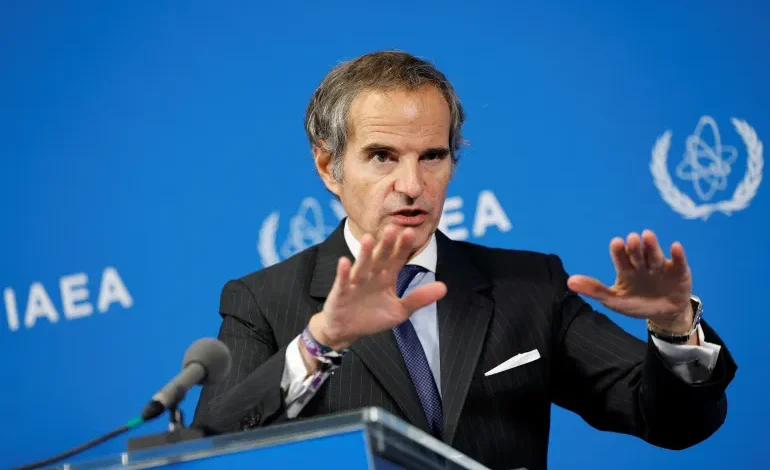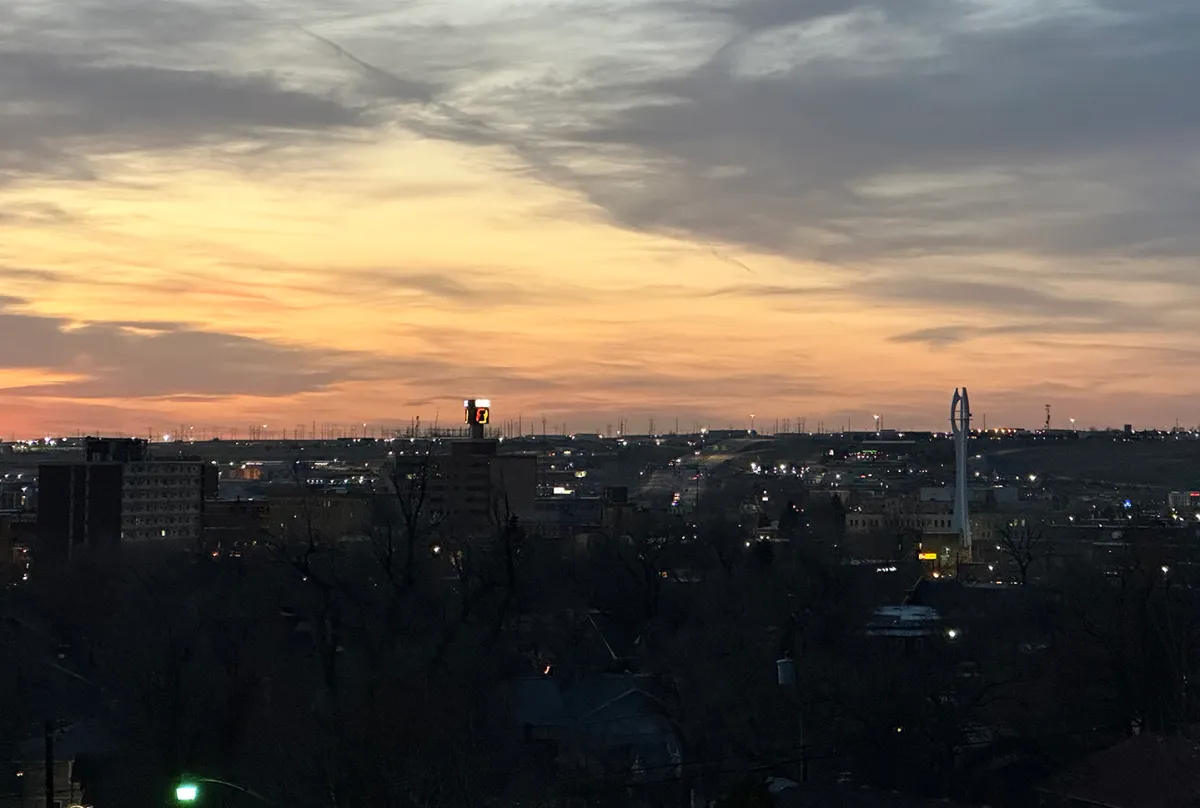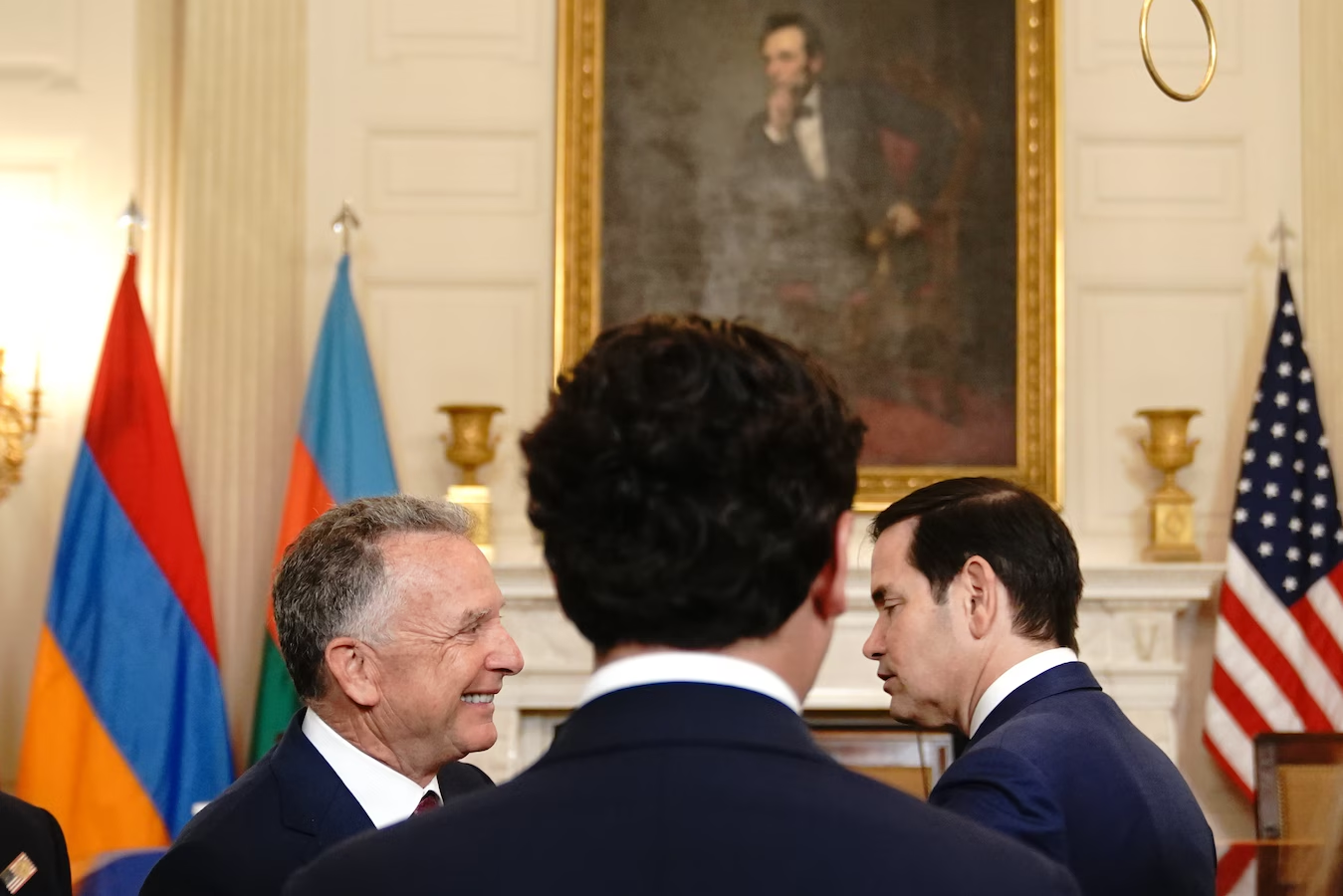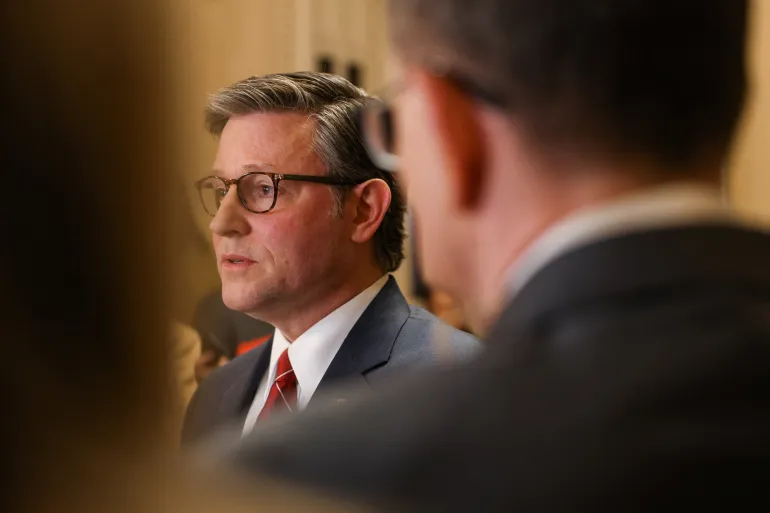UN Nuclear Watchdog Censures Iran for Non-Compliance, Tehran Responds with Escalation

The UN’s International Atomic Energy Agency (IAEA) has formally rebuked Iran for failing to meet its obligations under international nuclear safeguards, according to diplomatic sources speaking to Al Jazeera. The resolution, passed Thursday by the IAEA Board of Governors, accuses Tehran of withholding full cooperation regarding undeclared nuclear materials and activities.
Of the 35 board members, 19 voted in favor of the resolution, while three—Russia, China, and Burkina Faso—voted against. Eleven countries abstained. The resolution marks a major diplomatic milestone, being the first time in nearly two decades that the IAEA has officially accused Iran of violating its non-proliferation commitments.
At the center of the dispute are unexplained traces of uranium found at undeclared sites in Iran. The IAEA has sought answers for years, but Iranian authorities have yet to offer credible explanations.
“Iran’s many failures to uphold its obligations since 2019… constitute non-compliance,” reads the resolution text seen by Reuters.
In a joint statement issued by Iran’s Foreign Ministry and its Atomic Energy Organization (AEOI), Tehran rejected the resolution, calling it legally and technically unfounded. The statement announced that Iran will construct a new uranium enrichment facility in a “secure location” and warned that additional steps would be revealed in the coming days.
In a separate statement posted on X (formerly Twitter), the AEOI confirmed plans to upgrade equipment at the Fordow nuclear site, replacing first-generation centrifuges with advanced sixth-generation machines—a move likely to heighten international alarm.
Iranian state media, including Press TV, echoed the rejection, arguing the resolution lacks merit and reflects political pressure rather than scientific objectivity.
The resolution comes just days before scheduled nuclear talks between Iran and the United States, to be held Sunday in Oman. Oman’s Foreign Minister Badr al-Busaidi confirmed the sixth round of indirect negotiations, though analysts suggest the IAEA ruling could severely complicate progress.
President Donald Trump and his Middle East envoy, Steve Witkoff, are reportedly managing the delicate negotiations. Trump, who had previously voiced cautious optimism, told the press this week that he is now “less confident” about striking a new agreement with Tehran. He also reiterated his firm stance that Iran will not be allowed to obtain a nuclear weapon.
Israel, meanwhile, welcomed the IAEA resolution. The Israeli foreign ministry called for a “decisive international response” and emphasized the urgency of countering Iran’s nuclear ambitions. According to Israeli media, Strategic Affairs Minister Ron Dermer and Mossad chief David Barnea are expected to meet with Witkoff ahead of Sunday’s talks.
Adding to the rising tensions, Iran issued warnings that it may target U.S. military bases in the region if hostilities erupt. In response to the deteriorating security climate, the U.S. has begun evacuating non-essential personnel from multiple Middle Eastern countries.









The latest news in your social feeds
Subscribe to our social media platforms to stay tuned